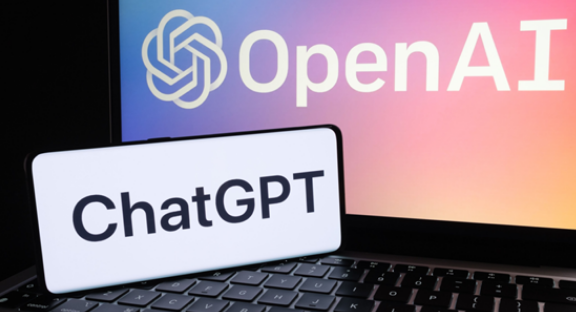June 28, 2024 – OpenAI Unveils CriticGPT, a GPT-4-Based Model for Pinpointing Flaws in ChatGPT’s Code Outputs
OpenAI has introduced a novel model called CriticGPT, trained on the foundation of GPT-4, specifically designed to identify and flag errors in ChatGPT’s code generation. This innovative approach allows human trainers to harness the power of GPT-4 to scrutinize and enhance its own limitations. According to OpenAI’s experiments, the introduction of CriticGPT has boosted trainers’ error-detection capabilities by a staggering 60%.

The workings of CriticGPT involve scrutinizing the code produced by ChatGPT and offering suggestions for improvement. While its recommendations are not infallible, the introduction of this model has markedly augmented trainers’ ability to uncover issues within the system.
OpenAI acknowledges that assessing the performance of advanced AI systems has been a challenge due to the lack of suitable tools. However, with CriticGPT, the company believes it has taken a significant step towards the goal of evaluating the outputs of such sophisticated AI systems.
Nevertheless, OpenAI has also been candid about CriticGPT’s limitations. These include a lack of comprehension for lengthy tasks, the tendency to produce hallucinated errors, challenges in identifying scattered errors, and constraints in evaluating extremely complex tasks.
The release of CriticGPT has sparked lively discussions, with some netizens likening the self-improvement process to “trying to lift oneself up by one’s bootstraps.” However, regardless of the metaphorical challenges, OpenAI’s latest innovation represents a significant stride towards enhancing the accuracy and reliability of AI-generated code.












